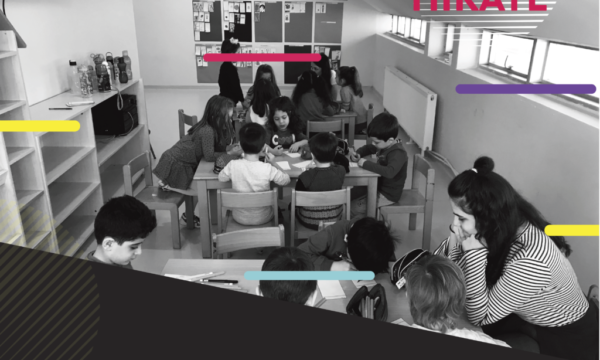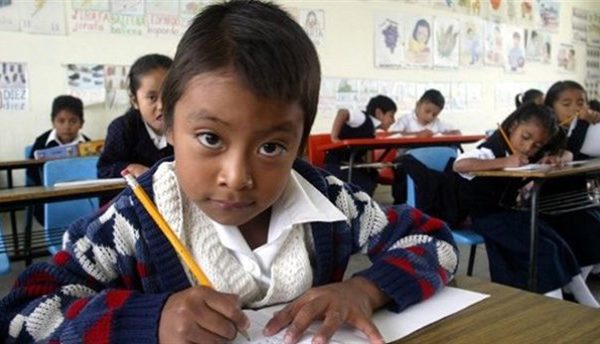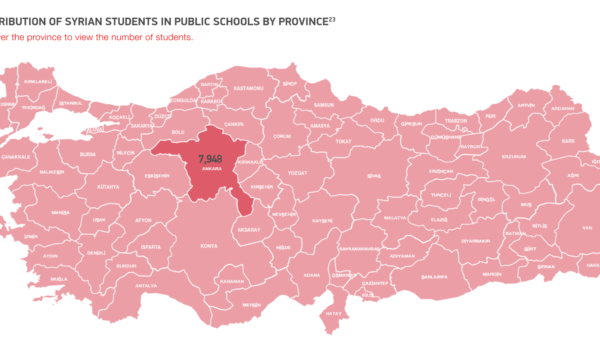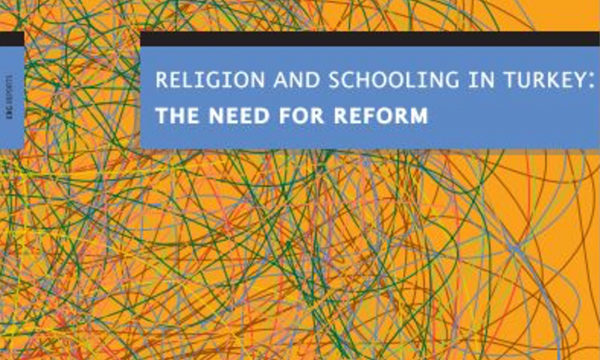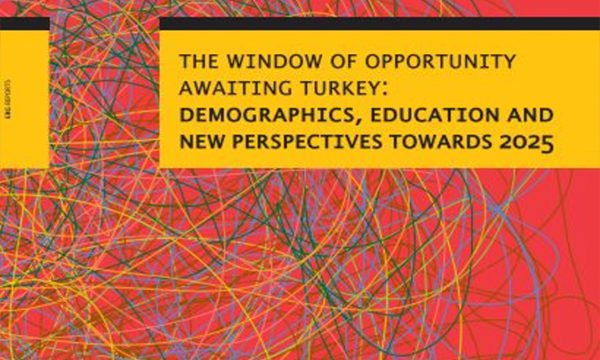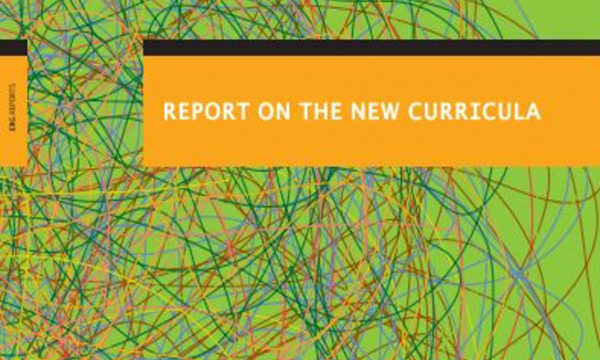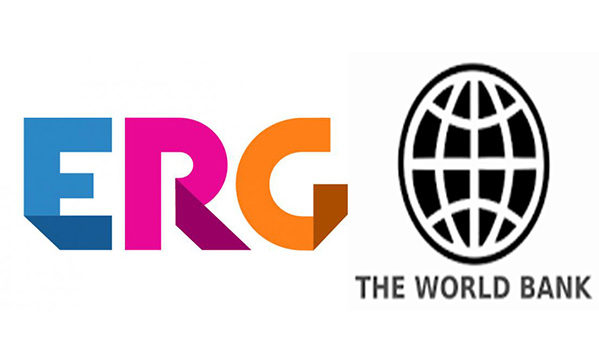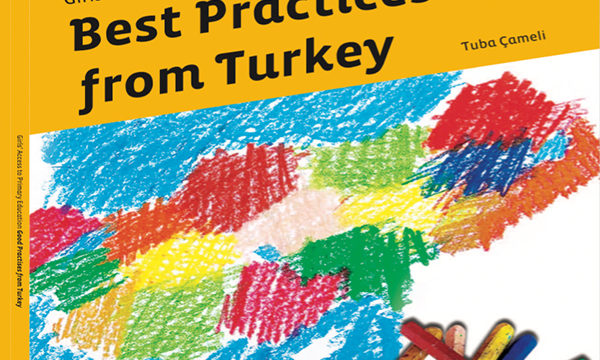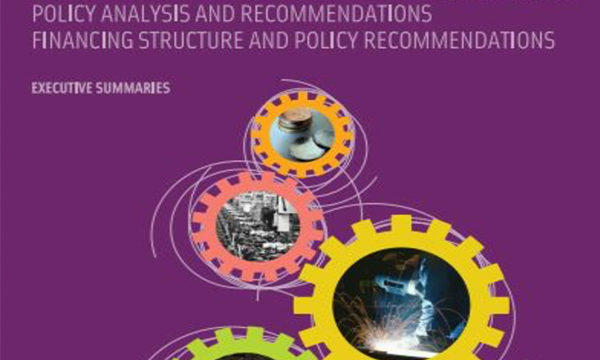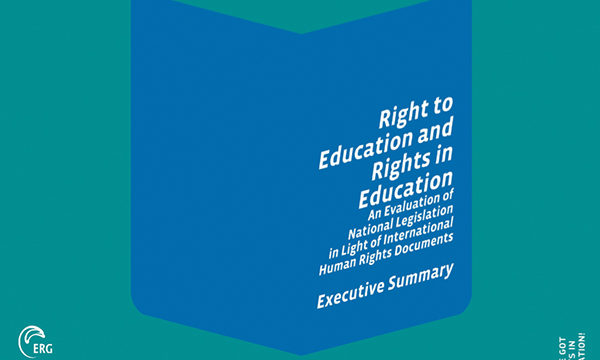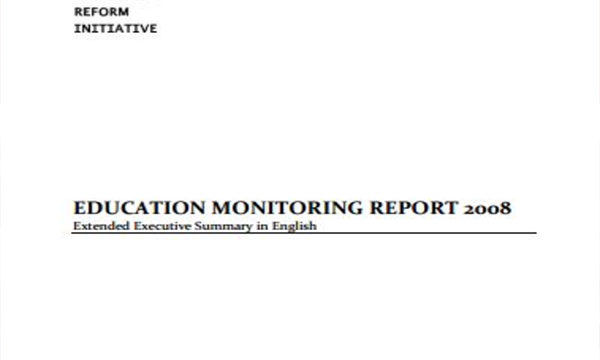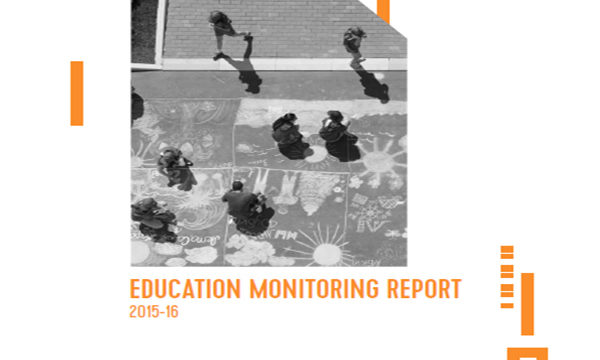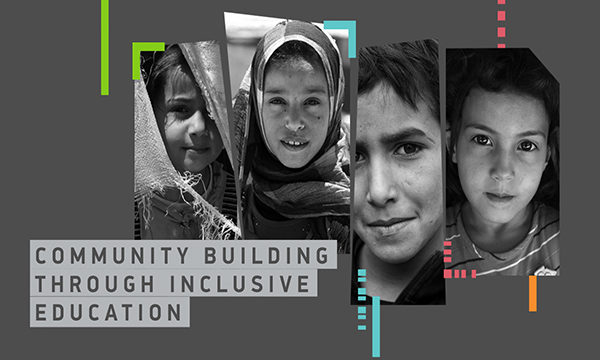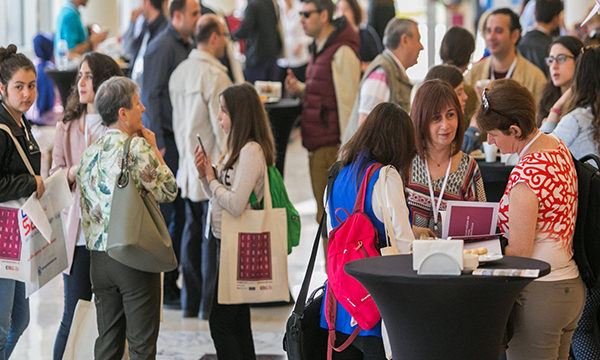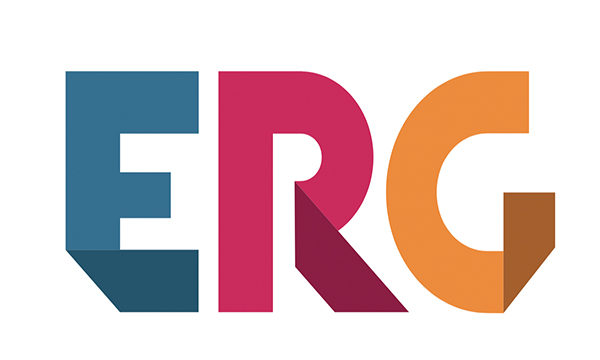Today’s Zaman, Abdülkadir Civan
The Constitutional Court of Turkey has released its detailed ruling on the forced closure of prep schools, or dershanes.
Last year, the Turkish government passed legislation which would make it illegal to provide and to receive private tutoring services through the dershanes, effective Sept. 1, 2015
The Constitutional Court revoked this legislation because the law was considered to be against both the right to education and the right to free enterprise. I believe that it is not necessary to be a constitutional scholar to see that the ban of prep schools was blatantly against the Turkish Constitution. On the other hand, the subject of the net benefits of prep schools to Turkish society is one that requires more careful assessment. Unfortunately in Turkey, as with almost any important issue, the controversies are based on superficial and ideological arguments rather than factual and methodological findings. Here I will try to summarize the arguments of both sides.
In Turkey the scores on central exams are almost the sole criteria for acceptance to prestigious high schools and universities. Thus students and their parents take these exams very seriously.
In Turkey, like in many other countries, diplomas from prestigious high schools make it relatively easy to get into
prestigious universities, and diplomas from prestigious universities make it relatively easy to get elite jobs. In more advanced countries like the US, upon acceptance to the educational institutions the other attributes of students are taken into consideration as well. For example involvement with extracurricular activities and sports, arts and other interests of the applicants are evaluated. In the book “Pedigree: How Elite Students Get Elite Jobs,” sociologist Lauren Rivera showed that students from socioeconomically elite backgrounds are accepted to elite universities and students from these elite universities are placed in elite jobs. She argues that both universities and employers — usually with good intentions — utilize subtle tactics to separate individuals with elite and not-so-elite backgrounds. The assessment process which takes into consideration the extracurricular activities and sports, arts and other interests of the applicants makes it more difficult for individuals from lower socioeconomic circles to be admitted to prestigious universities and companies. It is very difficult for a child with poor parents to have an active interest in art or to be involved in many philanthropic activities. She is not likely to be admitted to the elite universities unless she has some extraordinary trait. On the other hand, the acceptance processes based on central examination scores can be consideredless vulnerable to these subtle and sometimes unintentional discriminatory practices.
These examinations can usually only measure a pupil’s intelligence and study habits. Preparation for these exams might not actually be improving the human capital of the pupils in any real sense. Moreover, it is hard to argue that these are the only attributes to be successful in life and to make great contributions to society. However, with this placement system the poor but smart pupils can get high scores on the exams and end up in prestigious high schools and universities. Although preparation for the central examinations might be wasting pupils’ time and the real resources of society, it might be functioning as a good signal to the market. The ones who are smart and hardworking will end up with high scores on the exams and will likely be placed in good universities. We might claim that these individuals will be the ones who would contribute the most to the society in the future. We can at least claim that these individuals will be the ones who would get the biggest boost to their human capital from prestigious universities’ educational services. Thus we can claim that placement based on central exams might be wasting pupils’ time with useless preparation but it is providing valuable signals to potential employers and also it is improving social mobility. I believe that the placement system based on central exam scores is the lesser evil in Turkish context.
How about prep schools’ role on the exam scores? The anti-prep schools side emphasize that these services are provided mostly by for profit companies and thus include some tuition. They argue that these paid services, complementary to public education, necessarily increase the gap between the children of poor and children of well-to-do families. Conversely, the pro-prep schools side argues that prep schools can help students in low quality public schools narrow the gap with their counterparts in private schools or in higher quality public schools. The Education Reform Initiative of Sabancı University released a policy note summarizing the findings of the few existing academic studies on the topic as follows:
• Prep school attendance increases the likelihood of placement into university programs.
• Households spend a considerable amount of their budget (up to 15 percent) on prep schools.
• Attending prep schools is positively correlated with the socioeconomic status of parents, but is more positively correlated with the academic achievement of the student.
• Students from low-income families who are highly motivated benefit more from attending prep schools than other students.
I guess neither side is completely right or completely wrong. We can conclude, based on admittedly scarce findings, that the prep schools are neither silver bullets with which to target gigantic problems in the education system, nor are they evils which stultify the youth.

